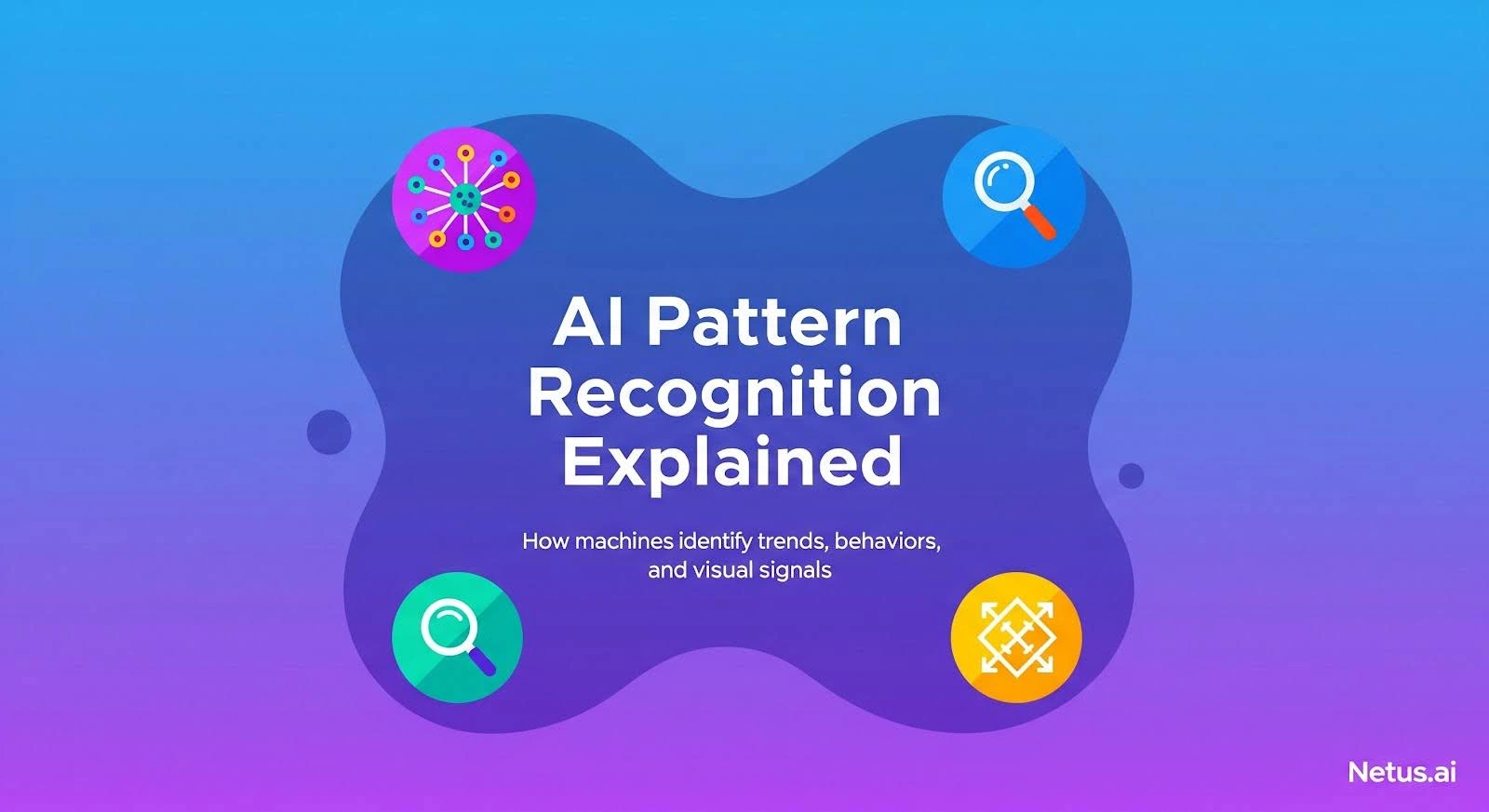Table of Contents
Famous Cases of Plagiarism in Comics. Comics have been a popular source of entertainment for children and teenagers since their inception in the early 20th century. Their engaging stories, colorful illustrations, and captivating characters have made them a staple in the world of literature. The first comic was published in 1933, but their popularity skyrocketed in 1938, leading to an era known as the golden age of comics. During that time, millions of comic issues were sold each month, solidifying their presence in the literary landscape.
As technology advanced, print comics transitioned to digital formats, opening a wider array of opportunities for aspiring comic artists to showcase their talent. However, this shift also brought along new challenges, including the rise of plagiarism in comics. To maintain the integrity of these cherished artforms, measures must be taken to address and prevent this issue from tarnishing the creative output of the industry.
Key Takeaways
- Comics gained immense popularity in the 1930s, leading to the golden age of the medium
- The transition from print to digital formats expanded opportunities for aspiring comic artists
- Plagiarism has become a growing concern within the comic industry, requiring preventive measures to protect artistic integrity
How Plagiarism Occurs in the Comic Industry
In today’s digital world, plagiarism poses a challenge not only in written content such as blogs or novels but also in the realm of comics. Despite the issue being overshadowed by the popularity of comics or confined to the internet, it is an area of concern for creators and publishers alike. To better understand the various ways plagiarism can manifest in the world of comics, let’s examine some key examples.
- Copying Artwork: Aspiring comic artists often work with reference images when drawing, but drawing excessive inspiration from such sources may lead to uncanny resemblances in the final product. Instances of artists copying another comic’s artwork are a clear violation of copyright law and can lead to legal consequences for the plagiarist.
- Replicating Storylines or Concepts: Another form of plagiarism involves recreating existing stories or concepts with slight alterations or different characters. Copyright law protects a creator’s exclusive right to reproduce their work, and failure to obtain permission from the original owner can result in liability for damages.
To help prevent plagiarism in comics, creators and publishers may utilize anti-plagiarism software. Many online tools can scan comic content for duplication and generate a report detailing any instances of plagiarism detected. This can be particularly helpful for emerging artists seeking guidance on how to avoid unintentional plagiarism in their work.
Moreover, educational institutions should address this issue among students interested in creating and publishing their comics. While emulating certain plots or characters for learning purposes can be beneficial, students must understand that publishing copied content from established comics or their peers’ work constitutes academic dishonesty.
In conclusion, while plagiarism continues to pose challenges for the comic industry, understanding these key examples and taking steps to prevent it can help protect the intellectual property and hard work of creators and publishers alike.
Noteworthy Instances of Comic Plagiarism
Some copyright cases in the comic world have gained significant attention due to their striking similarities between characters. Though many go unnoticed, a few have left a mark in the public eye.
- Aquaman’s Controversial Origin
Aquaman, a well-known DC Comics superhero with both human and Atlantean qualities, is believed to have been plagiarized. Another eerily similar character with a like origin story exists in the Marvel Comics universe. These similarities suggest a potential violation of copyright protection, but intriguingly, neither company has accused the other.
- Green Arrow and His Robin Hood Roots
Green Arrow’s design and character bear a strong resemblance to the legendary English folklore figure, Robin Hood. Both share exceptional archery skills and a penchant for aiding the less fortunate. Surprisingly, Green Arrow’s creators admitted to drawing inspiration from Robin Hood, thus raising plagiarism concerns.
- The Batman Influence on Green Arrow
Robin Hood isn’t the only source of inspiration for Green Arrow. Certain elements of Batman, the iconic crime-fighting vigilante, have also been borrowed. Despite existing in different universes, both Green Arrow and Batman share parallel backstories and methods of operation. For instance, they both possess high-tech vehicles like the Batmobile and Arrow-Car. Consequently, Green Arrow has been accused of infringing upon Batman’s copyrights.
- Wonder Woman and Herland: A Similar Premise
Wonder Woman’s origins story, detailing her existence in a land occupied solely by women, closely resembles the plot of Charlotte Perkins Gilman’s 1915 novel, “Herland.” The novel narrates the story of three men who stumble across a land inhabited exclusively by women. This connection presents another case of concept plagiarism, where a vital part of a concept seems to have been copied.
In conclusion, comics plagiarism remains a contentious subject, but numerous instances demonstrate that even famous characters can be influenced or blatantly copied. Nonetheless, the comic book industry continues to thrive and entertain readers with a myriad of enthralling stories and iconic heroes.
How to Deal with Comic Plagiarism?
To effectively address comic plagiarism, advanced plagiarism checkers utilizing artificial intelligence (AI) are essential. Unlike traditional plagiarism scanners that work with text-based content, AI-powered checkers can read and analyze texts embedded in images. This allows them to detect instances of copyright infringement or attribution issues within comics.
Employing such tools can help comic creators and publishers ensure the originality of their work and avoid potential lawsuits or other legal actions. By being proactive and using AI-based plagiarism checkers, stakeholders in the comics industry can confidently produce and release authentic content.
Frequently Asked Questions
Who experienced a significant plagiarism incident in the comic book industry?
Rob Granito, a comic book artist, faced accusations of plagiarism when it was discovered that he had copied the work of other artists and falsely claimed to have collaborated with famous creators. This controversy led to a significant backlash within the industry, damaging Granito’s reputation and career.1
Which controversies about plagiarism entangled comic strip creators?
Bill Watterson, the creator of the popular comic strip Calvin and Hobbes, was embroiled in a plagiarism controversy when it was found that several unauthorized comic strips were being sold as merchandise. Watterson did not endorse or create these counterfeit strips, resulting in legal actions to protect his intellectual property.2
What comic book artists faced accusations of copying others’ work?
Some comic book artists, such as Greg Land, have been accused of repeatedly copying and tracing other artists’ work. This practice is commonly referred to as “swiping” within the comic book community and is widely considered unethical and unprofessional. Accusations of swiping can significantly tarnish an artist’s reputation.3
How did plagiarism accusations impact comic book writers’ careers?
Plagiarism accusations can have a severe impact on the careers of comic book writers – damaging their reputations, leading to loss of credibility, and sometimes even resulting in the loss of professional opportunities. In serious cases, those accused of plagiarism may be blacklisted by publishers and other industry professionals.
What legal actions were taken in response to comic book plagiarism?
Legal actions in response to plagiarism in the comic book industry have included lawsuits, cease and desist orders, and settlements. The aim of these actions is often to compensate the original creators for the unauthorized use of their work, to prevent further infringement, and to protect intellectual property rights.
Are there any renowned settlements or verdicts involving plagiarism cases within the comics community?
Some famous settlements and verdicts related to plagiarism in the comics industry include the copyright infringement lawsuit against Greg Land and Marvel Comics, where Marvel reached an undisclosed settlement with the creator whose work was alleged to have been copied.4 Another high-profile case involved Robin Thicke and Pharrell Williams, who were found guilty of plagiarizing Marvin Gaye’s song “Got to Give It Up” and were ordered to pay $5 million5.
Footnotes
- The Strange World of Comic Book Plagiarism – Plagiarism Today ↩
- Unauthorized Calvin and Hobbes Merchandise – Plagiarism Today ↩
- Greg Land: A Study in Plagiarism – CBR ↩
- Marvel Settles Lawsuit Over Artist’s Alleged Plagiarism – ComicsAlliance ↩
- Famous Plagiarism Cases (And How They Could’ve Been Avoided) – Quetext ↩


